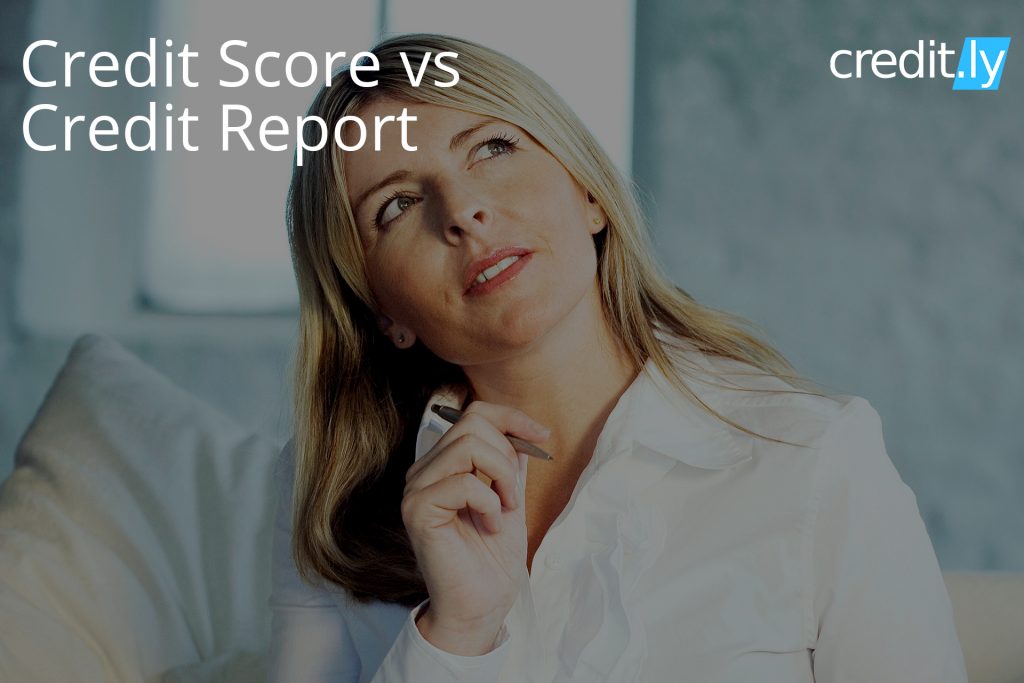[et_pb_section fb_built=”1″ _builder_version=”3.22.3″][et_pb_row _builder_version=”3.25″ background_size=”initial” background_position=”top_left” background_repeat=”repeat”][et_pb_column type=”4_4″ _builder_version=”3.0.47″ custom_padding=”|||” custom_padding__hover=”|||”][et_pb_post_title _builder_version=”3.26.6″ title_font=”|700|||||||” title_line_height=”2em” z_index_tablet=”500″ title_text_shadow_horizontal_length_tablet=”0px” title_text_shadow_vertical_length_tablet=”0px” title_text_shadow_blur_strength_tablet=”1px” meta_text_shadow_horizontal_length_tablet=”0px” meta_text_shadow_vertical_length_tablet=”0px” meta_text_shadow_blur_strength_tablet=”1px” box_shadow_horizontal_tablet=”0px” box_shadow_vertical_tablet=”0px” box_shadow_blur_tablet=”40px” box_shadow_spread_tablet=”0px” text_shadow_horizontal_length_tablet=”0px” text_shadow_vertical_length_tablet=”0px” text_shadow_blur_strength_tablet=”1px”][/et_pb_post_title][et_pb_text _builder_version=”3.29.2″ z_index_tablet=”500″ text_text_shadow_horizontal_length_tablet=”0px” text_text_shadow_vertical_length_tablet=”0px” text_text_shadow_blur_strength_tablet=”1px” link_text_shadow_horizontal_length_tablet=”0px” link_text_shadow_vertical_length_tablet=”0px” link_text_shadow_blur_strength_tablet=”1px” ul_text_shadow_horizontal_length_tablet=”0px” ul_text_shadow_vertical_length_tablet=”0px” ul_text_shadow_blur_strength_tablet=”1px” ol_text_shadow_horizontal_length_tablet=”0px” ol_text_shadow_vertical_length_tablet=”0px” ol_text_shadow_blur_strength_tablet=”1px” quote_text_shadow_horizontal_length_tablet=”0px” quote_text_shadow_vertical_length_tablet=”0px” quote_text_shadow_blur_strength_tablet=”1px” header_text_shadow_horizontal_length_tablet=”0px” header_text_shadow_vertical_length_tablet=”0px” header_text_shadow_blur_strength_tablet=”1px” header_2_text_shadow_horizontal_length_tablet=”0px” header_2_text_shadow_vertical_length_tablet=”0px” header_2_text_shadow_blur_strength_tablet=”1px” header_3_text_shadow_horizontal_length_tablet=”0px” header_3_text_shadow_vertical_length_tablet=”0px” header_3_text_shadow_blur_strength_tablet=”1px” header_4_text_shadow_horizontal_length_tablet=”0px” header_4_text_shadow_vertical_length_tablet=”0px” header_4_text_shadow_blur_strength_tablet=”1px” header_5_text_shadow_horizontal_length_tablet=”0px” header_5_text_shadow_vertical_length_tablet=”0px” header_5_text_shadow_blur_strength_tablet=”1px” header_6_text_shadow_horizontal_length_tablet=”0px” header_6_text_shadow_vertical_length_tablet=”0px” header_6_text_shadow_blur_strength_tablet=”1px” box_shadow_horizontal_tablet=”0px” box_shadow_vertical_tablet=”0px” box_shadow_blur_tablet=”40px” box_shadow_spread_tablet=”0px”]
Credit Score vs Credit Report. Have you thought about applying for a credit card? Getting a car loan? Renting an apartment? Whether you’re just starting the process or in the middle of it, you’ve probably heard lenders and property managers talk about your credit score and credit report. But what is a credit score versus a credit report?
While the two are easily confused, they play different, but equally important, roles in your financial reality. If you don’t know the difference between the two, don’t worry. The editorial team from Credit.ly breaks it down for you. Keep reading to learn more!
What’s a Credit Score?
You’ve probably heard the term credit score thrown around during conversations about credit cards, auto loans, apartment rentals, mortgage, etc. But what is a credit score? How does it work?
A credit score is a number that indicates your likelihood to pay a loan back. Scores are used by lenders when deciding to approve you for a loan, like a mortgage or credit card. Here’s are the main factors that go into a credit score:
- Payment history accounts (35%)
- Credit utilization rate (30%)
- Credit history (15%)
- The mix of credit accounts (10%)
- Credit inquiries (10%)
As you use your credit cards responsibly and make all of your payments on time, then your credit score stays in good shape. A good credit score can help you access the best interest rates and terms for credit cards, as well as the best credit cards rewards programs. A bad credit score, on the other hand, makes it difficult to secure different loans. If you find yourself with bad credit, there are ways to improve your credit score.
Because there are three major credit bureaus—Experian, TransUnion and Equifax—you get different credit scores from each credit bureau. There are also multiple scoring models that are used by lenders when making lending decisions. The two most popular are VantageScore and FICO.
FICO Credit Scores
FICO Scores, created by the Fair Isaac Corporation, are commonly used by lenders. The FICO scoring range is 300 to 850. The higher the score, the more likely a lender is to approve you for a loan and even give you a lower interest rate. Only the information that’s in your three credit reports is used to calculate a FICO Score.
Here’s the FICO credit score range:
- Exceptional credit: 800-850
- Very good credit: 740-799
- Good credit: 670-739
- Fair Credit: 580-669
- Poor credit: 300-579
VantageScore Scores
The VantageScore 3.0 model was introduced in 2013. Like your FICO Score, the information in your credit file is used to calculate your VantageScore score. Here’s the Vantage Score score range:
- Excellent credit: 750-850
- Good credit: 700-749
- Fair credit: 650-699
- Poor credit: 600-649
- Bad credit: 300-599
Why Look at Your Credit Score?
If you plan on making a big financial move, like getting a new credit card or a car loan, it’s time to take a peek at your credit score. Your credit score tells you whether you’re in good shape to get a loan, credit card, house, etc. And keeping an eye on your score lets you see any sudden drops that can alert you to an error or identity theft sooner rather than later.
Are you concerned about getting a ding on your credit score by looking it up? Don’t worry—you can get your free Experian credit score only here on Credit.ly or directly from Experian itself.Your free score from Credit.ly comes with a free credit report card that shows you where you stand in each of the five areas that make up your score along with what you can do to improve each area if needed.
Who Can See Your Credit Score and Why?
There are a lot of circumstances that require a business to look at your credit score. Your credit score is pulled by lenders whenever considering approving you for loan. Here are a few organizations that might look at your credit score:
- Credit card issuers
- Lenders
- Property managers
- Insurance companies
- Potential employers
- Lenders for student loans
What’s a Credit Report?
Credit reports—not to be confused with credit scores—play another big role. Typically, many people have three credit reports, one from each of the major credit bureaus: Equifax, Experian and TransUnion. Because they’re independent agencies, the information on each report can be different.
Think of your credit report as a financial resume. It keeps track of many of your financial moves—essentially your whole credit history. That’s why it’s important to make sure that it’s accurate. Credit reports include more information than credit scores, including:
- The number of accounts you have open.
- Recently closed accounts.
- The type of credit account, such as mortgage, auto loan and student loan.
- Credit limits and loan amounts.
- Loan balances.
- Payment history.
Credit reports also include your personal information, including name, address, date of birth, Social Security number and more.
Why Look at Your Credit Report?
It’s a good idea to review these reports once a year to check for errors. Since the three credit bureaus use different sources of information, it doesn’t hurt to check your report from each of the three agencies regularly. Take a look at AnnualCreditReport.com for a copy of your report from each bureau annually.
If you look up your credit score through Credit.ly, you can also see your credit report card which shows the five key factors that go into your credit score. Here’s a screenshot of Credit.ly’s free report card:
Who Can See Your Credit Report and Why?
There aren’t a lot of organizations that can look at your credit report. The list of organizations that can includes:
- Creditors
- Employers (with your written consent)
- Insurance companies
- Certain government agencies
All of these organizations can look at your credit report because of Federal law before they agree to do business with you. Other circumstances that allow organizations to look at your credit report include:
- In response to a court order or federal grand jury subpoena
- Employment reasons, with your consent
- Figuring out child support under certain circumstances
- To check credit or insurance transactions that weren’t initiated by you
Credit Score vs Credit Report—Where to Find Them
Now that you know the difference between your credit score and credit report, here’s a summary of where to find each and when to check them.
| Credit Report | Credit Score |
|---|---|
| Three major agencies (Equifax, Experian, and TransUnion) | Multiple available, including multiple versions of FICO scores and VantageScore scores |
| One from each of the agencies per year from AnnualCreditReport.com | Experian scores available only through Credit.ly and Experian |
[/et_pb_text][/et_pb_column][/et_pb_row][/et_pb_section]









